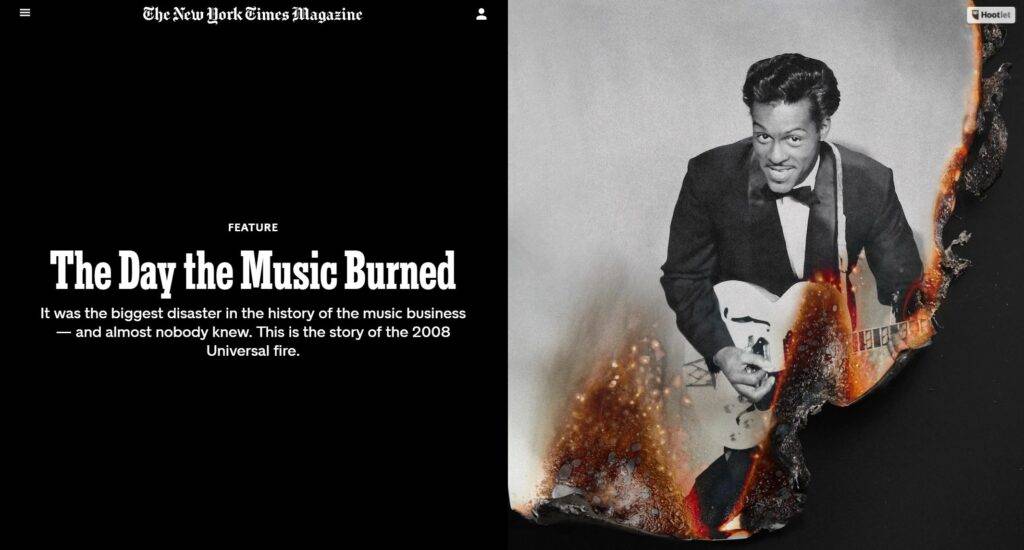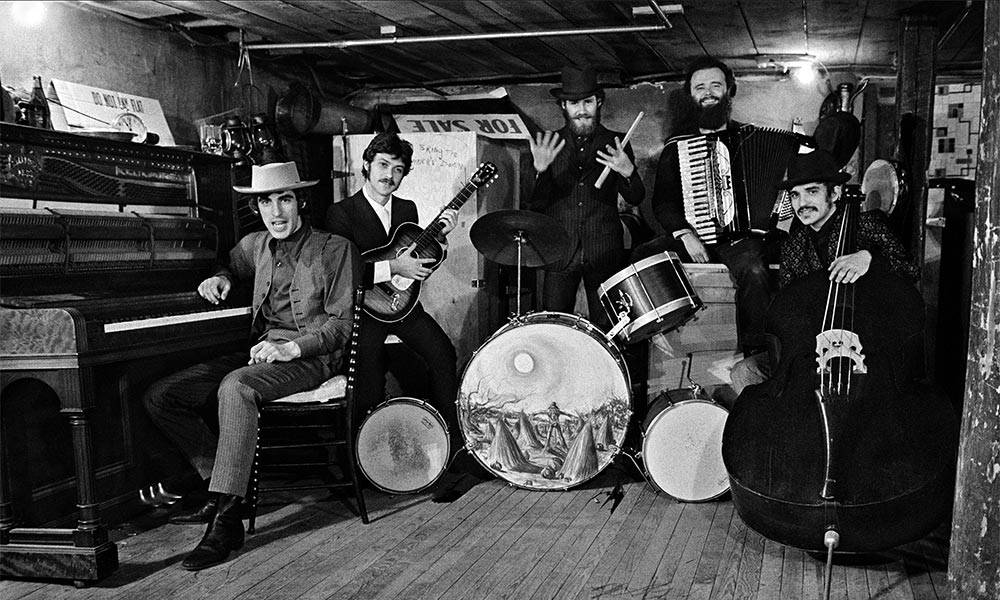Transformation of a Rock Icon: Daniel Jones of Savage Garden’s Remarkable Journey

Daniel Jones, once half of the iconic rock band Savage Garden, was a poster boy of the 90s, mesmerizing audiences worldwide with his music. However, more than two decades after bidding farewell to the spotlight, Jones, now 50, appears almost unrecognizable from his former rockstar self.
Recently, glimpses of Jones surfaced on his wife Kathleen de Leon Jones’ Instagram account, showcasing a loving moment between the couple. Married since 2005 with two children, their bond seems stronger than ever.
As part of Savage Garden, alongside bandmate Darren Hayes, Jones achieved immense success with hits like “Truly Madly Deeply” and “To the Moon and Back,” selling millions of records globally. Yet, at the peak of their fame in 2001, Jones made the brave decision to step away from the limelight.
In a 2015 interview, Jones revealed his discomfort with the demands of fame and touring, emphasizing that his departure was not personal against Hayes. However, Hayes, born for stardom, reportedly felt resentment towards Jones for ending the band at its pinnacle.
Following the breakup, Jones delved into studio life, establishing his recording studio and record label, Meridien Musik. He redirected his focus towards his personal life, tying the knot with former Aussie pop star Kathleen De Leon.
Additionally, Jones ventured into a new musical endeavor with the band Aneiki, where his talents as a songwriter and producer flourished. Their single “Pleased To Meet You” became a sensation on Australian radio in 2002, demonstrating Jones’ enduring prowess in the music industry.
Jones’ journey from rockstar to private life enthusiast reflects a profound transformation, emphasizing the importance of prioritizing personal fulfillment over fame. His legacy with Savage Garden remains etched in music history, while his evolution serves as an inspiring testament to embracing change and finding contentment beyond the spotlight.






Responses